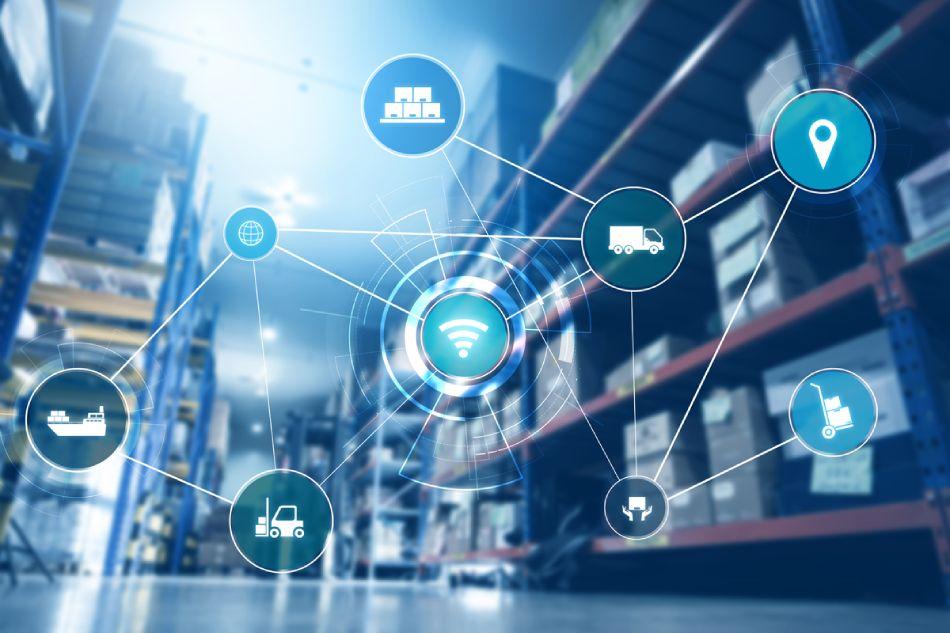The role of (Artificial Intelligence) AI in streamlining supply chain and logistics processes is multifaceted, offering innovative solutions to enhance efficiency, visibility, and agility across the entire supply chain ecosystem. Here are key ways AI contributes to streamlining supply chain and logistics:
-
Demand Forecasting and Planning:
- AI algorithms analyze historical sales data, market trends, and external factors to forecast demand accurately. By predicting future demand patterns, businesses can optimize inventory levels, production schedules, and resource allocation, minimizing stockouts and excess inventory.
-
Inventory Management Optimization:
- AI-powered inventory management systems utilize real-time data and predictive analytics to optimize inventory levels, replenishment cycles, and storage locations. These systems identify inventory trends, demand fluctuations, and seasonality patterns, enabling businesses to reduce carrying costs while ensuring product availability.
-
Route Optimization and Fleet Management:
- AI algorithms optimize transportation routes, vehicle scheduling, and fleet management to minimize transportation costs and improve delivery efficiency. These systems consider factors such as traffic conditions, weather forecasts, fuel prices, and vehicle capacities to plan optimal routes and maximize resource utilization.
-
Warehouse Automation and Robotics:
- AI-driven robotics and automation technologies streamline warehouse operations by automating repetitive tasks such as picking, packing, and sorting. Autonomous robots, automated guided vehicles (AGVs), and robotic arms enhance warehouse productivity, accuracy, and safety, reducing labor costs and fulfillment times.
-
Supply Chain Visibility and Tracking:
- AI-enhanced supply chain visibility platforms provide real-time insights into the status and location of goods throughout the supply chain. By leveraging data from IoT sensors, RFID tags, and GPS trackers, these platforms enable end-to-end visibility, proactive risk management, and exception-based alerts, enhancing decision-making and customer service.
-
Supplier Relationship Management:
- AI technologies analyze supplier performance metrics, market dynamics, and risk factors to optimize supplier selection, negotiation, and collaboration. Supplier relationship management (SRM) platforms leverage AI-driven analytics to identify cost-saving opportunities, mitigate supply chain disruptions, and foster strategic partnerships.
-
Predictive Maintenance and Asset Management:
- AI-powered predictive maintenance solutions monitor equipment health, detect anomalies, and predict potential failures before they occur. By analyzing sensor data, machine learning models can optimize maintenance schedules, extend asset lifespans, and minimize downtime, ensuring optimal performance and reliability of critical assets.
-
Customs Compliance and Documentation:
- AI algorithms automate customs compliance processes and documentation requirements, facilitating seamless cross-border trade and reducing compliance risks. AI-powered systems analyze trade regulations, tariff codes, and documentation requirements to ensure accurate and timely customs clearance, minimizing delays and penalties.
Overall, AI plays a transformative role in streamlining supply chain and logistics operations by optimizing demand forecasting, inventory management, transportation logistics, warehouse operations, supplier relationships, asset management, customs compliance, and documentation. By harnessing the power of AI-driven technologies, businesses can achieve greater efficiency, agility, and competitiveness in today's dynamic supply chain landscape.
